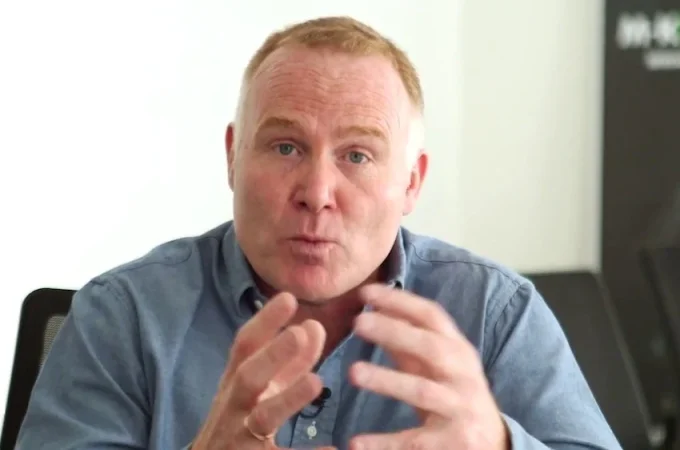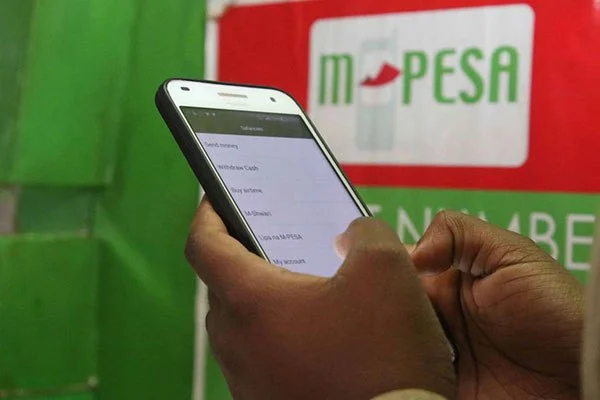Visa has announced that its Visa’s Everywhere Initiative, a global innovation programme that tasks start-ups to solve commerce challenges of tomorrow and further enhance their own product propositions and provide visionary solutions for Visa’s vast network of partners, will expand into the Sub Sahara Africa (SSA) region.
Entrants in the first-ever Sub-Sahara Visa’s Everywhere Initiative will have the opportunity to compete for a chance to win up to Ksh 5.07 million (US$50,000), access to Visa’s products and services, expert mentorship and support from Visa and exposure to key Visa partners and clients.
“In a highly dynamic industry, Visa’s Everywhere Initiative allows us to explore a host of ideas that solve business challenges, influence our product roadmaps, support our customers, and shape our culture of innovation,” said Andrew Torre, Regional President for CEMEA for Visa.
With just 17% of people in Africa having access to formal financial services, almost a third of funding raised by African startups in 2017 was in the Fintech sector. Venture funding for African startups jumped by 51% to R to $195 million in 2017.
“With over a hundred million dollars invested over the past ten years alone[1], the region’s Fintech industry is on the brink of a transformative breakthrough, and we believe the time is ripe to bring together its brightest minds and work on the next big idea in payments technology. With a clear goal of enabling cashless economies and financial inclusion, Visa is committed to fostering an entrepreneurial spirit and driving innovation in its payments landscape,” added Geraldine Mitchley, Senior Director for Digital Solutions for Visa Sub Sahara Africa.
Beginning 23 March, Visa invites eligible participants in the SSA region to submit their business solutions that apply to one of the following three briefs:
- How can your startup leverage Visa Developer APIs to either: Enable smaller merchants to accept payments in-store digitally OR Provide a safe and secure solution for online merchants to drive eCommerce and reduce cash on delivery?
- How can your company use Visa’s APIs to leverage mass reach partner platforms like Facebook to help businesses operating in fast-paced consumer centric environments improve cash flow and receive payments?
- How can your startup leverage technology to provide services that are functional for illiterate customers to provide them with secure transaction experiences that build and enhance their confidence in the banking system?
Each challenge has been structured keeping in mind the niche dynamics of the local landscape. As the region’s domestic merchants rapidly expand their digital commerce proposition, payment gateways must also evolve at a breakneck speed to offer their customers a hassle-free shopping experience.
Sub-Sahara Africa is a diverse region and home to products like M-Pesa in Kenya, Snapscan in South Africa and Paga in Nigeria. Payment solutions like Scan to Pay or Tap with mobile are fundamentally shifting the way people pay to provide more convenient yet ultimately secure ways to pay and be paid.
Participants can access visa.com.za/everywhereInitiative for details on the Visa’s Everywhere Initiative from 23 March. Participants have until 17 May 2018 to submit their ideas, after which judges from Visa will select three finalists per brief to present their ideas to the judging panel at Visa’s local offices in the region.
READ: Moving floods photos that show Nairobi is a ticking time bomb
One winner per brief will be selected, and each will receive a US$25,000 monetary prize. Winners of the prize will be invited to a working meeting with Visa, and may be presented with the opportunity to create a prototype. Visa will then select one overall winner to receive an additional US$25,000.
Visa’s Everywhere Initiative is part of a global implementation that is strategically important to the global payments company’s goal of fostering the growth of next generation payment technologies. To date, the programme has had nearly 2,100 participating startups across North America, Latin America, Europe, Asia Pacific, Africa and the Middle East.













Leave a comment